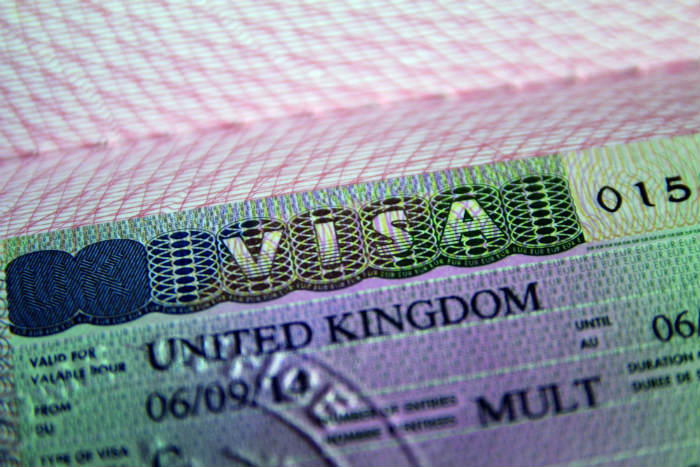There were a number of changes to the Immigration Rules in December 2017 which take effect from 11 January 2018. Key points for employers to be aware of in relation to Tier 2 sponsorship are as follows:
- Tier 2 migrants no longer need to have been continuously employed throughout the five year period in order to qualify for indefinite leave to remain.
- In relation to Tier 2 General applications, helpfully, flexibility is being introduced to allow Tier 4 students to switch into Tier 2 (General) as soon as they have completed their course. Currently non PhD students cannot switch into Tier 2 until they have received their results.
- Sponsors should note that there are restrictions as to how far a Tier 2 (General) migrant’s start date may be put back. This means that the start date for employment cannot be put back by more than 28 days after entry clearance or leave to remain has been granted, or the start date as stated on the Certificate of Sponsorship, if later.
- Importantly, partners of Points Based migrants should be aware that the residency requirements for obtaining indefinite leave to remain (ILR) are changing. In the past only the main applicant had to show that they had not been absent for more than 180 days in any 12 month period in order to obtain ILR. However, partners are also now unlikely to be able to obtain ILR if they have been absent for more than 180 days in any 12 month period. To try to ensure that this requirement does not apply retrospectively only absences from the UK during periods of leave granted under the Immigration Rules in place from 11 January 2018 will count towards the 180 days. This will however affect any PBS dependant partners where they need to extend their leave to take them to the five-year period needed to qualify for ILR. If their leave is extended on or after 11 January 2018, then they will be subject to the new rules in relation to residency for that period of leave. For example if the main applicant is in the UK as a Tier 2 migrant and was granted leave for an initial three year period they will need to extend their leave for a further two years, together with any dependants. If an additional two years is granted on or after 11 January 2018 then the dependant partner will be caught by the new rules in relation to residency requirements.
The following additional changes may also be of interest to employers:
- The updated Immigration Rules provide for entry clearance to be issued electronically. This will initially be trialled with the intention of later introducing this generally if the trial is successful. At present entry clearance must be endorsed in a passport or other identity document but the changes to the Immigration Rules will allow entry clearance to be issued both electronically and by way of an endorsement in a passport or other identity document. Applicants who hold entry clearance issued electronically will not be required to present evidence of their entry clearance upon arrival in the UK and this will instead be checked electronically.
- Previously visa nationals who had standard or marriage visit visas were not permitted to transit the UK using those visas and instead had to obtain a separate visa. The Immigration Rules have been changed so that those employees holding standard visit or marriage visit visas may now transit the UK.
- The Tier 1 (General) category closed to new applicants several years ago. Any existing Tier 1 (General) migrants must ensure that they apply for ILR by April 2018.
- The number of places available under the Tier 1 (Exceptional Talent) category is being doubled to 2,000 places. This category allows talented individuals in the fields of science, humanities, engineering, arts and digital technology to work in the UK without the need to be sponsored by the employer under Tier 2. Applicants must be endorsed by a Designated Competent Body. In certain cases it will also now be possible to obtain indefinite leave after three years, rather than five years.

 Kerry Garcia
Kerry Garcia Jackie Penlington
Jackie Penlington